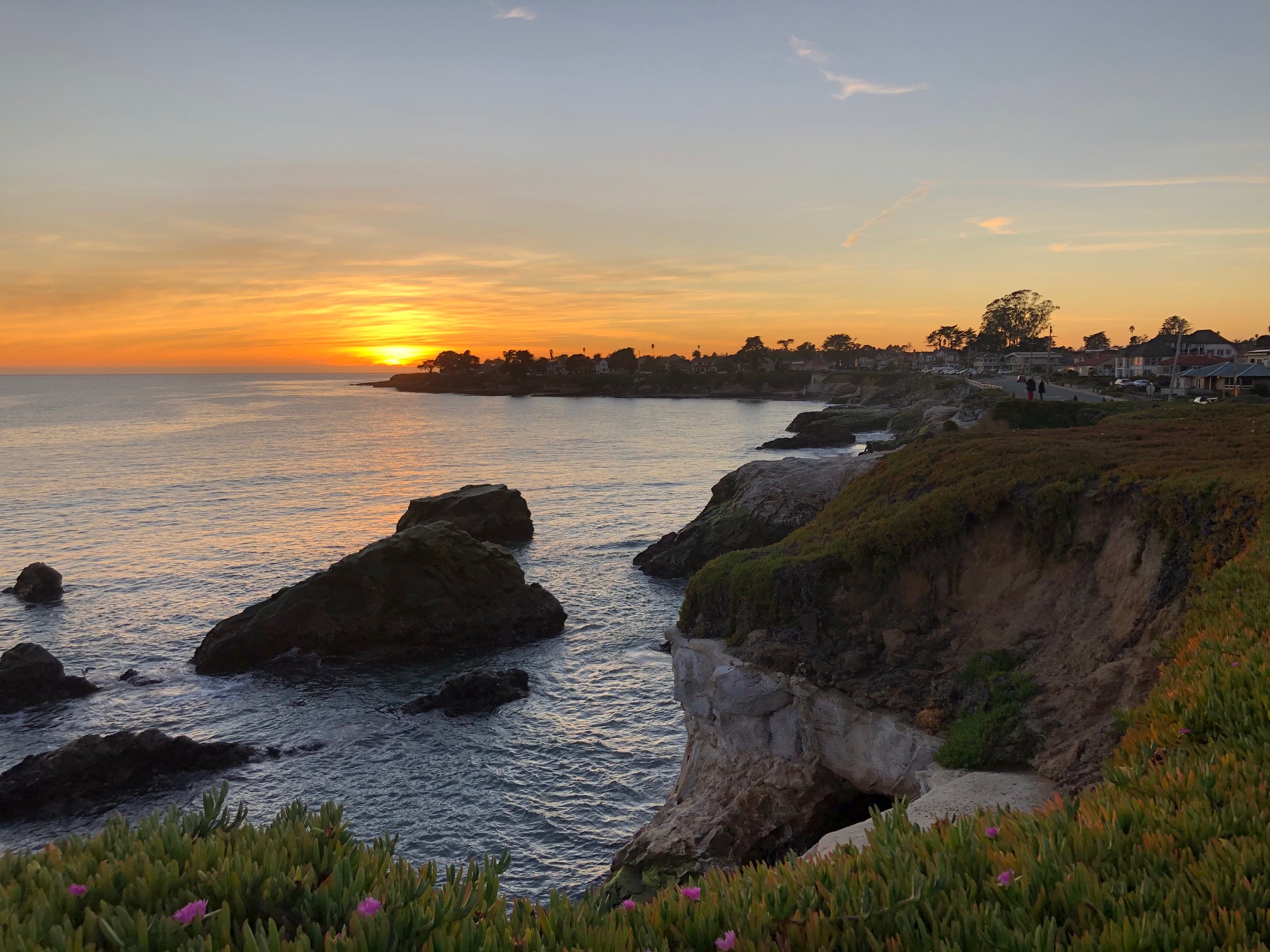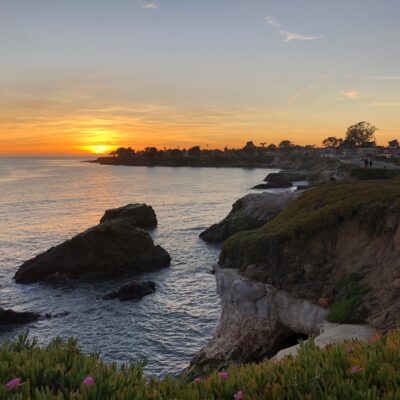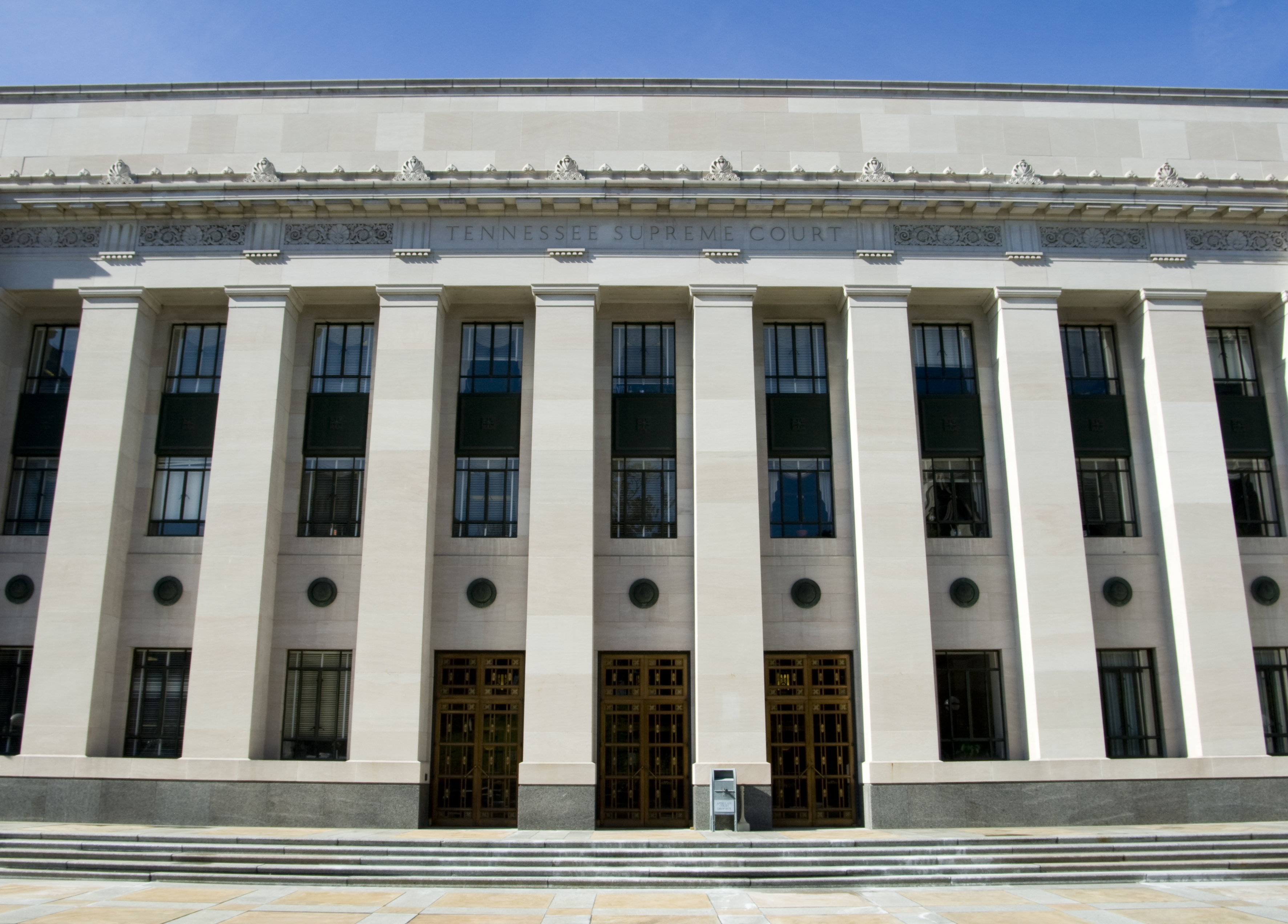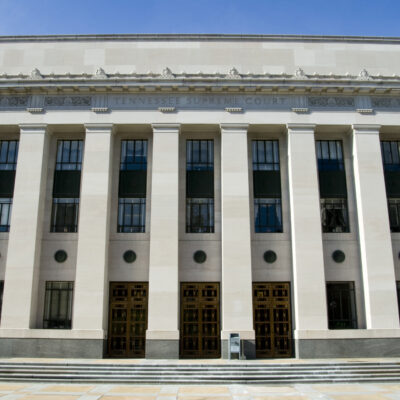Tennessee
The state of Tennessee funds almost all indigent defense services in adult criminal trials, with some local governments contributing to the costs. In most judicial circuits, the state authorizes elected public defenders with the responsibility for administering primary services and delegates the administration of conflict services to the courts. The state has no entity to exercise oversight of the delivery of these services.
The state of Tennessee funds and administers primary indigent defense services for adult criminal cases in its appellate courts arising in 30 of the state’s 32 judicial circuits. Local governments in two judicial circuits fund and administer their own appellate representation. The state delegates the administration of conflict services to the courts. The state has no commission providing oversight of appellate services.
-
92 Counties State Funded
-
1 County Primarily State Funded
-
2 Counties Shared State and Locally Funded
-
93 Counties State Administered
-
2 Counties Locally Administered
-
95 Counties with No State Oversight
-
92 Counties State Funded
-
1 County Primarily State Funded
-
2 Counties Shared State and Locally Funded
-
92 Counties State Administered
-
1 County Shared State and Locally Administered
-
2 Counties Locally Administered
-
95 Counties with No Commission and Limited Authority
In 30 of Tennessee’s 32 judicial districts, voters elect a chief public defender to head a public defender office, which provides primary representation across the district. In the other two districts, representing the state’s two largest counties (Shelby and Davidson Counties), locally established county-administered public defender offices provide primary services. Shelby and Davidson Counties can decide whether to appoint or elect the chief public defender. For conflict and overflow cases, every trial court in the state maintains a list of private attorneys to appoint based on rules set by the state supreme court. Private attorneys are paid hourly at state expense.
The state of Tennessee funds the 30 district public defender offices, though counties can supplement funds. The two locally established public defender offices are jointly funded by the state and county. The 30 district chief public defenders and two local chief public defenders form the Tennessee District Public Defenders Conference (DPDC), an organization that advocates for funding before the state legislature. DPDC also provides statewide appellate services. There is also the Office of the Post-Conviction Defender (OPCD), which provides services in capital post-conviction cases. Both DPDC and OPCD support indigent defense providers across the state, but neither exercise oversight of the delivery of trial-level services.
In 30 of Tennessee’s 32 judicial districts, voters elect a chief public defender to head a district-wide public defender office. In the other two districts, representing the state’s two largest counties (Shelby and Davidson Counties), the county establishes a local public defender office. Together, the 30 district chief public defenders and two local chief public defenders form the Tennessee District Public Defenders Conference (DPDC), an organization that advocates for funding before the state legislature. The 32 conference members elect an executive director, who is responsible for operating a statewide appellate office.
The appellate office, staffed by public defenders, provides almost all primary services in adult appeals. The two local public defender offices handle their own appeals, and the district public defender office for Knox County handles some of its appeals. Private attorneys, paid on an hourly basis at state expense, handle conflict and overflow cases. The state funds the appellate office and the district public defender offices, though counties can supplement funds. The two local public defender offices are jointly funded by the state and county. Though DPDC houses the appellate office and provides support to indigent defense providers across Tennessee, it does not exercise oversight of services delivered by public defender offices.

Dig Deeper
Do judges play a role in selecting conflict defenders?
Are counties allowed to augment state funding of district public defender offices?
Are there any staffing requirements for a district public defender office?
How does state funding work for the two local public defender offices?
Does the Tennessee District Public Defenders Conference have an executive director?
Are there any requirements for appointed counsel in capital cases?
Is an indigent defendant required to pay a fee for their appointed counsel?
In which branch of state government does the indigent defense system reside?
Support Our Work
Criminal justice issues that disproportionately harm poor people, such as wrongful convictions and over-incarceration, cannot be fixed if indigent defendants are given attorneys who do not have the time, resources, or qualifications, to be a constitutional check on government. Yet, investment in improving indigent defense services remains largely neglected. The Sixth Amendment Center is the only nonprofit organization in the country that exclusively examines, uncovers, and helps fix the root of the indigent defense crisis in which inequality is perpetuated because poor defendants do not get a fair fight.
The Sixth Amendment Center is a tax-exempt 501(c)(3) nonprofit organization under EIN: 45-3477185.
Donations are tax-deductible to the fullest extent allowable under the law.






